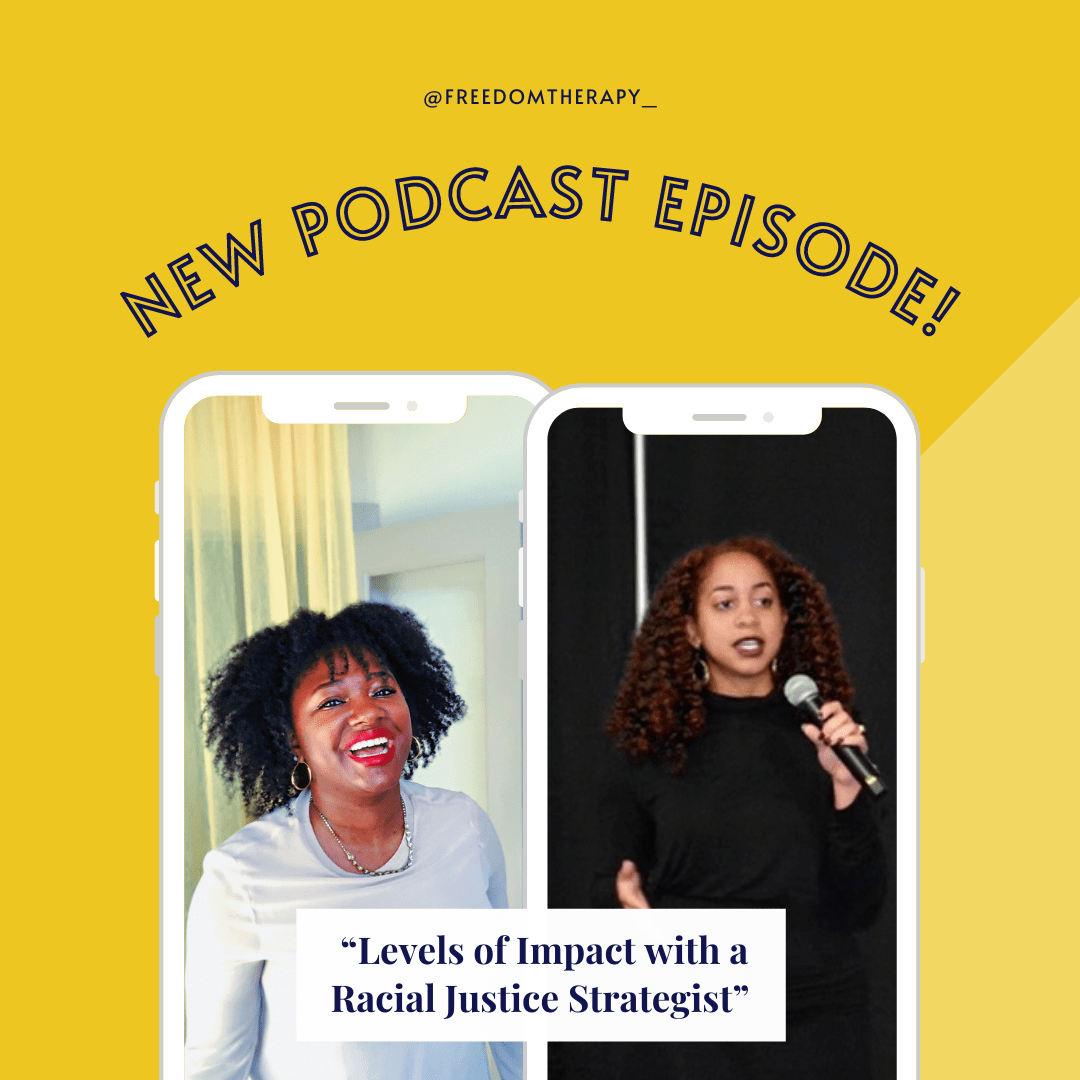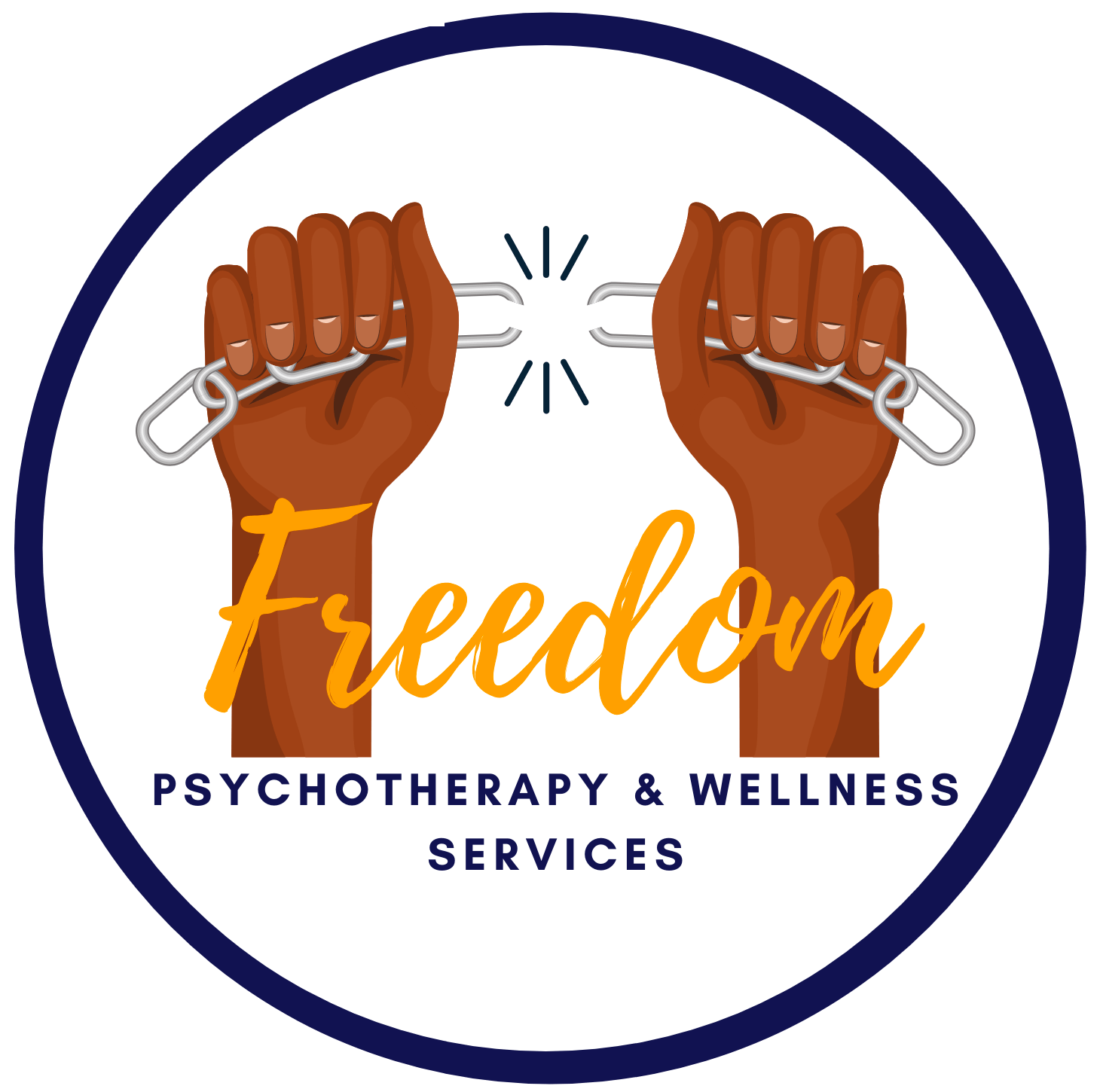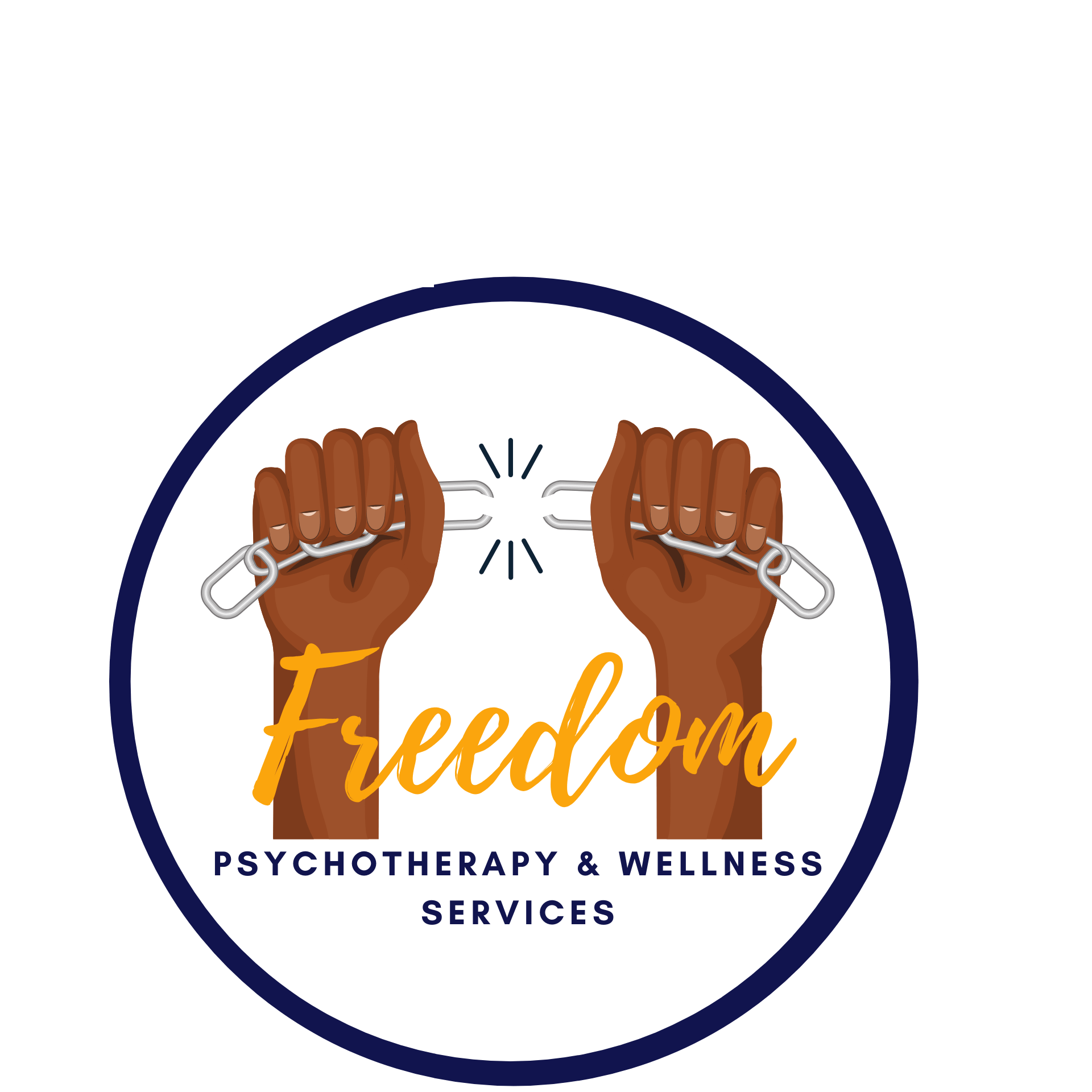
If you want to start living your life fully by engaging your mind, fueling your body, and nurturing your spirit.
Download a FREE Tiny Steps Checklist
This week I was joined by a very special guest, my best friend, Aja Holston Barber! Aja is a racial justice strategist whose work is based in Political Science in the Public Health Sector in psychology, and organizational change. Aja has a huge passion for facilitating the understanding that the unfair conditions that we live in are created by systems, she’s clear that we can build something different by transforming our systems and institutions in ways that create fundamental healing for all of us.
Aja’s originally from Texas, where I am, and she received both her bachelor’s in political science and her master’s in youth development from the Texas A&M University. She moved to Louisville in 2016, where she worked as an integral part of the leadership team for the Center for Health Equity and the Louisville Metro Department of Public Health and Wellness. In 2020, she began consulting full time to be able to support a wide range of organizations that do justice work, where she’s able to teach them how to do their work in ways that don’t reinforce racism.
Episode Breakdown
[3:40] About Aja’s background and defining what a racial justice strategist is. Aja gives a quick definition of racism and talks about how important language is in the work she does.
[7:47] What do people get confused about the definition of racism? Aja talks about the ways white supremacy prevents us from imagining a world outside of racism by stopping us from having a detailed way of talking about racism.
[12:46] How did you know this is what you wanted to do?? Aja discusses her personal history of coming to the racial justice work she does now, and how her perspective has shifted throughout that history.
[24:48 ] Hot Topic! Now what’s different about what you do and diversity and inclusion?? Aja explains how her work differs from other racial justice work including a discussion about diversity and inclusion in the workplace and how these efforts are only a tiny piece of the puzzle.
[34:35] If you don’t anything about it, what can we do to get involved in racial justice work? Aja talks about how shame and ego impact racial justice work, and goes on to discuss the levels of impact in racial justice work.
[53:06] What about racism and microaggressions in the work place? Aja explains how it depends on the goal, but generally practicing assertiveness is a good place to start and gives examples of ways that could show up in the workplace. She also talks about how education around racial justice doesn’t need to happen in a higher education, frequently the most educated people are those who are feeling the impact of white supremacy on a daily basis.
[1:01:30] Taking care of you well-being while managing this type of deep work? Aja talks about how this is always changing for her. She thinks about intellectual and cultural health being connected, she also touches on the ways mental, physical, social, creative, environmental, and sexual health all connect and show up in her personal life and in the racial justice work she does.
[1:05:42] Advice for those that have experienced race based trauma. Aja discusses how white supremacy is traumatic, and recommends that people think about how this shows up in their lives. She also recommends that people think about what they deserve, because white supremacy will tell you that you deserve everything thrown at you, but in reality, you deserve joy, respect, and kindness.
The Levels of Impact
On the podcast, Aja Holston-Barber talked about the levels of impact, and how they show up in racial justice work. Here’s a detailed breakdown of what we discussed about the levels of impact in this episode.
The Individual Level – What are you interested in? What’s the racial justice vision for what you’re interested in? If we’re talking about money or wealth, you know, there’s building individual wealth, or recreating how white people have taught us to build wealth. A racial justice version is everyone having a living wage, there’s a universal basic income. Whatever you’re interested in has a racial justice version, it’s all about connecting to that version in whatever you do.
The Interpersonal Level – Look at how White supremacy has taught us to be in relationship to each other. How do you hold your networks accountable? What are the ways that we know that white supremacy has shaped the people around us? Are they in conflict in violent ways? Because you know, white supremacy is violent. How can we support them in saying, “Hey, as your personal community, I want to support you to unlearning this.” Setting boundaries around racial justice when needed is important too.
The Organizational Level – Join an organization, my recommendation is always going to be to find a community of people who care about what you care about through the lens of racial justice. An example that I can give in Texas, is the Texas Organizing Project. They’re a statewide organization that does really beautiful racial justice work, but they also have regional chapters, l think they’re in San Antonio and Houston, and the Dallas area. But let’s be honest, does your organization need to be doing racial justice work? Or are they invested in what it means to maintain white supremacy? Because if they’re very invested in what it means to maintain white supremacy, and you try to get them to do racial justice work, what you actually might do is just offer them more language that they can then neutralize.
The Community Level – How are organizations in relationship with each other? How can organizations work together more effectively? How can we come together rather than being divided and seeing the work so individualized?
The Society & Policy Level – To dismantle white supremacy is going to take community-wide change. It’s going to take us actually taking money from what it’s being used on, and using it on something else. They don’t want us to do that. So if they keep us focused individually, then it’s “What can I do to change myself? How can we teach people to be different?” No, give me the money. And we’ll decide where it needs to go. So I use the levels of society to show the “Yes, individual change matters, but in context of the entire society.” Because at the end of the day, the way they got us here was via the system.
When working on racial justice, start by working through the levels of impact, and finding where you, your skills, and your passions can fit into the larger movement to destroy white supremacy. If you haven’t already, listen to this episode to learn more about the levels of impact, racial justice, and how you can make a difference. Thank you to my wonderful guest this week Aja Holston Barber, and all of you for listening in!
If you want to start living your life fully by engaging your mind, fueling your body, and nurturing your spirit.
Download a FREE Tiny Steps Checklist

